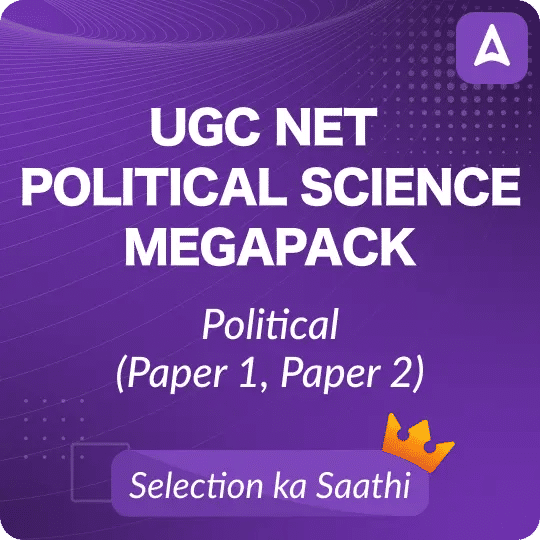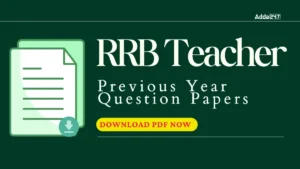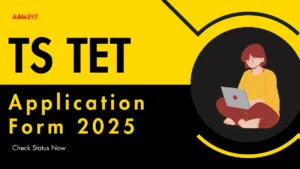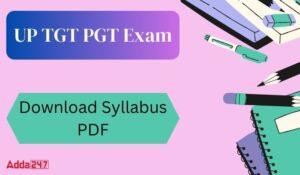Table of Contents
The NTA (National Testing Agency) conducts the UGC NET Political Science exam annually, attracting candidates from across the country. Many aspiring candidates consider it challenging to pass the NTA NET Political Science exam on their first attempt. To dispel any doubts and guide you on how to successfully pass the NET Political Science exam on your first try, read this article thoroughly.
Download UGC NET Admit Card 2024
UGC NET Political Science Preparation Tips
Preparing for the UGC NET Political Science exam requires a structured approach, thorough understanding of the syllabus, and consistent study. Here are some steps to help you prepare effectively:
1. Understand the Exam Pattern and Syllabus
- Exam Pattern: UGC NET consists of two papers. Paper I is general and tests teaching/research aptitude, while Paper II is subject-specific.
- Syllabus: Get a detailed syllabus from the official UGC NET website. Note the major topics and subtopics for Political Science.
2. Gather Study Materials
- “An Introduction to Political Theory” by O.P. Gauba
- “Modern Indian Political Thought” by V.R. Mehta
- “Global Politics” by Andrew Heywood
- “Comparative Politics” by Rod Hague and Martin Harrop
- Previous Year Papers: Practice with previous year question papers to understand the type of questions asked.
- UGC NET Guidebooks: Use comprehensive guidebooks specifically designed for UGC NET Political Science.
3. Create a Study Plan
- Daily Schedule: Dedicate specific hours each day for studying different topics.
- Weekly Goals: Set weekly goals to cover certain portions of the syllabus.
- Revision: Allocate time for regular revision of previously covered topics.
4. Focus on Key Areas
- Political Theory and Thought: Understand key political theories and thoughts from both Western and Indian political thinkers.
- Indian Government and Politics: Study the structure, functions, and processes of the Indian government.
- Comparative Politics: Compare different political systems and their functioning.
- International Relations: Learn about major theories and contemporary issues in international politics.
- Public Administration: Understand theories and principles of public administration and their practical applications.
5. Practice Regularly
- Mock Tests: Take regular mock tests to assess your preparation and improve your time management.
- Previous Papers: Solve previous years’ question papers to get a feel of the exam pattern and difficulty level.
6. Stay Updated
- Current Affairs: Keep abreast of current national and international political events.
- Journals and Articles: Read relevant journals and articles to understand contemporary political issues and theories.
7. Join Study Groups or Coaching
- Study Groups: Join study groups to discuss and understand difficult topics.
- Coaching Classes: Consider enrolling in coaching classes if you need structured guidance and mentoring.
8. Make Notes
- Summarize: Make concise notes of each topic.
- Highlight Important Points: Highlight key points and theories for quick revision.
9. Review and Revise
- Regular Revision: Regularly revise all topics to keep them fresh in your memory.
- Conceptual Clarity: Ensure you understand the concepts rather than just memorizing them.
10. Stay Healthy
- Balanced Routine: Maintain a balanced study routine with breaks to avoid burnout.
- Health: Take care of your physical and mental health through regular exercise, proper sleep, and a balanced diet.
Check: CSIR NET Cut Off 2025
Sharing is caring!




 RRB Teacher Previous Year Question Paper...
RRB Teacher Previous Year Question Paper...
 TS TET Application Form 2025 Out, Direct...
TS TET Application Form 2025 Out, Direct...
 UP TGT PGT Syllabus 2025 And New Exam Pa...
UP TGT PGT Syllabus 2025 And New Exam Pa...














